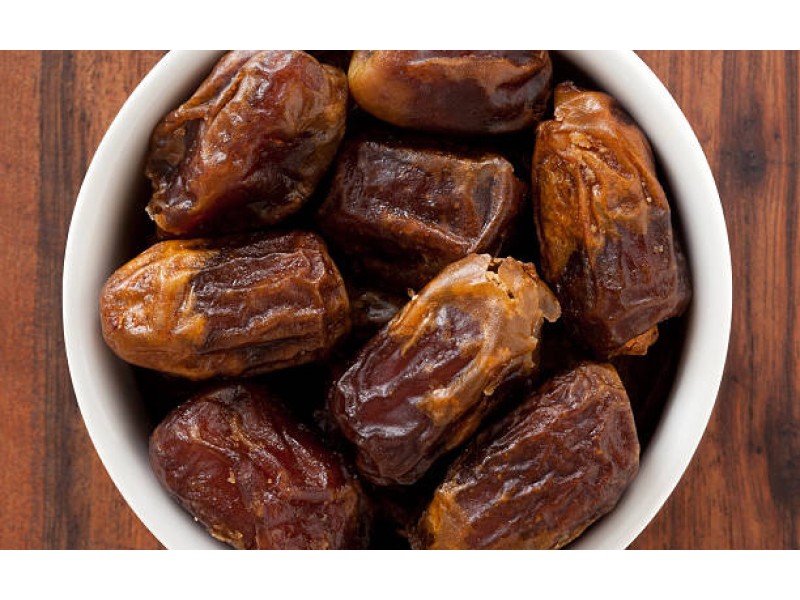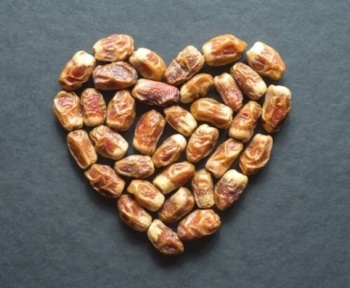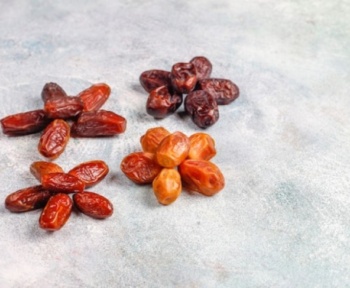Dried dates are one of those pantry staples that seem always to be there. They’re sweet, packed with nutrients, and super versatile. But we’ve all been there – you buy a bag of dried dates, only to realize weeks later you’ve forgotten about them. Do dried dates go bad? And if so, how can you make sure they stay fresh for as long as possible? Let’s dive in and find out.
What Are Dried Dates?
First things first: what exactly are dried dates? They come from the date palm tree and are harvested when they’re nice and ripe. The drying process turns them into chewy, sweet little nuggets that can be eaten as snacks or added to all kinds of recipes. Whether you’re popping them in smoothies, using them in baking, or just munching on them by themselves, they’re a tasty and nutritious treat.
But here’s the best part: dried dates are packed with fiber, antioxidants, and potassium. So, not only do they taste amazing, but they also make a healthy snack choice. Plus, they’re naturally sweet, which makes them a great way to satisfy your sugar cravings without the added guilt.
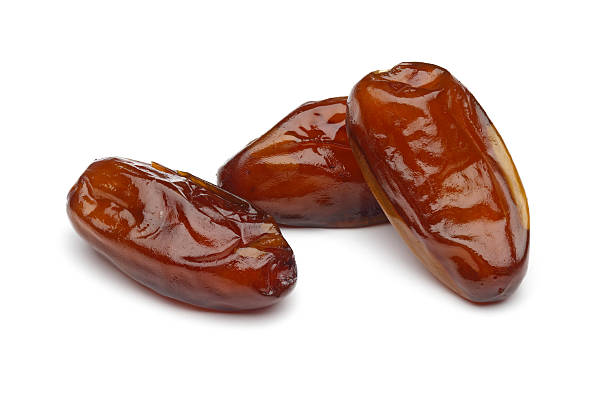
Do Dried Dates Go Bad?
How to Tell if Dried Dates Are Bad
Dates are sturdy, but like anything else, they can go bad over time. The good news is they give you a few obvious signs when they’ve overstayed their welcome. Here’s how to tell if your dried dates are still good or if it’s time to toss them:
- Mold: If you spot any fuzzy patches or dark spots, that’s a red flag. Mold is never a good sign.
- Smell: Fresh dates smell sweet and pleasant. If they’ve started to smell sour or off, it’s time to say goodbye.
- Discoloration: Dates are naturally dark brown, so if they start turning black or develop unusual colors, they may be going bad.
- Texture: Dates should be soft and chewy. If they’re rock hard or too sticky, they’ve likely passed their prime.
How Long Do Dried Dates Last?
With the proper storage, dried dates can last a surprisingly long time. But the clock starts ticking once you’ve opened the bag. So, how long do they last? Here’s a quick rundown:

As you can see, refrigerating or freezing your dates is the way to go if you want them to last longer. It’s the same concept as with most dried fruits—cold storage helps preserve them, keeping them fresh for a lot longer.
How to Store Dried Dates for Maximum Freshness
Best Practices for Storing Dried Dates
Storing dried dates is pretty straightforward. You have to follow a few simple rules to keep them fresh:
- Cool and Dry: Dates don’t like heat or humidity, so store them somewhere cool, dry, and out of direct sunlight.
- Airtight Containers: Dates are best kept in airtight containers. This helps keep moisture and air out, both of which can make them spoil quicker.
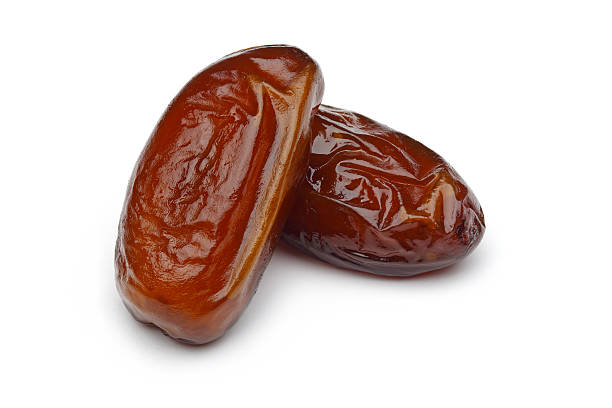
Step-by-Step Storage Guide
Alright, here’s a simple step-by-step guide for keeping your dried dates fresh:
- Grab an Airtight Container: Whether it’s a glass jar or a plastic container, make sure it seals tightly. This keeps the air out and helps preserve the dates’ texture.
- Store in a Cool Spot: A pantry or cupboard works perfectly. Just make sure the place stays cool and away from heat sources like the stove or direct sunlight.
- Pop ‘Em in the Fridge for Extra Freshness: If you want to ensure that your dates last for the long haul, store them in the fridge. They’ll stay good for about a year or so and keep their flavor.
- Freeze for Long-Term Storage: For dates you won’t eat anytime soon, freeze them. They can last up to 3 years in the freezer, which is a win if you like to stock up.
How to Freeze Dried Dates
If you’re thinking about freezing your dried dates, you’re in luck—they freeze pretty well. Here’s a simple way to do it:
- Use Freezer-Safe Bags or Containers: You don’t want your dates to get freezer burn, so make sure to use containers or bags specifically designed for freezing.
- Label the Container: Write the date on the bag or container so you know when you froze them.
- Pop Them in the Freezer: Stick your dates in the freezer, and whenever you’re ready to use them, pull out what you need and let them thaw.
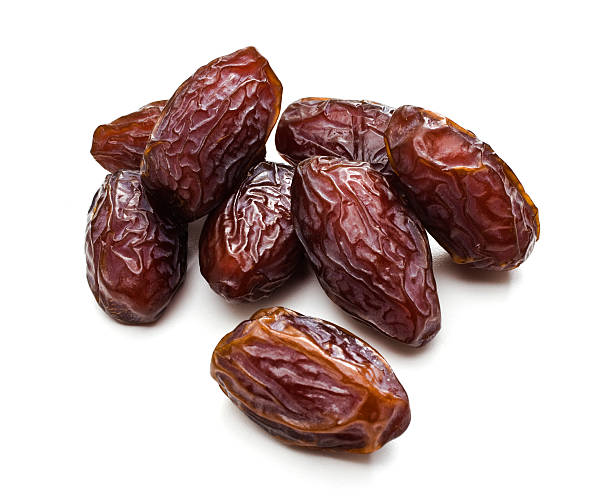
Common Mistakes to Avoid When Storing Dried Dates
We’ve all made mistakes when it comes to storing food—whether it’s letting something get buried in the back of the pantry or leaving it in a place that’s too warm. Here are a few mistakes to avoid when storing dried dates:
- Warm, Humid Places: Dates don’t like heat or moisture, so avoid storing them in warm areas like near your oven or in a humid environment (like a bathroom).
- Open or Loose Containers: If your container isn’t correctly sealed, dates can dry out or absorb moisture from the air, speeding up spoilage.
- Freezing Without Proper Packaging: Freezer burn is a real thing. If you don’t package your dates well, they won’t freeze properly, and they’ll lose their taste and texture.
How to Avoid These Mistakes
- Store in a Cool, Dry Place: This keeps your dates at their best and prevents them from getting too dry or too sticky.
- Seal Containers Well: Make sure the lid is tightly closed. Airtight is the way to go.
- Use Freezer-Safe Packaging: This prevents freezer burn, ensuring your dates stay fresh when you take them out to thaw.
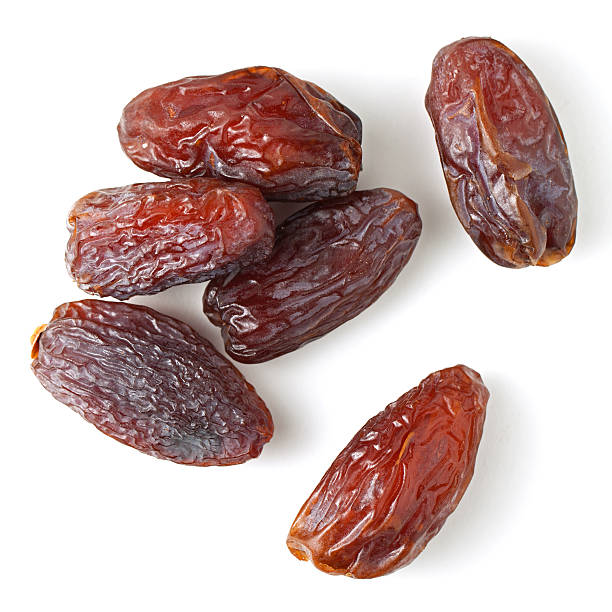
Do Dried Dates Lose Nutritional Value Over Time?
Impact of Storage on Nutrients
Here’s a question that many people ask: Do dried dates lose their nutrients over time? Technically, yes, but it’s not a huge deal. They do lose a tiny bit of their nutritional value over time. However, if you store them properly, they’ll still pack a good punch of fiber, potassium, and antioxidants.
Proper storage helps maintain most of the nutritional benefits, so they’ll still be a healthy snack even if they’re not as fresh as they were on day one.
How Storage Affects Flavor and Texture
The real difference you’ll notice with aged dates is how they taste and feel. Older dates may lose their soft, chewy texture, and they might start to taste a little less fresh. But if you store them well, you’ll be able to enjoy them for a long time without losing too much flavor or texture.

Creative Ways to Use Dried Dates
Dried dates are great for more than just snacking. Here are a few fun ideas to incorporate them into your meals:
- Smoothies: Dates are perfect for adding natural sweetness to smoothies. Just toss a couple into the blender, and you’re good to go.
- Energy Bars: Dates make an excellent base for homemade energy bars. Combine them with oats, nuts, and seeds for a healthy snack on the go.
- Baking: Add chopped dates to cakes, cookies, or muffins. They’ll give your baked goods an extra boost of sweetness and texture.
- Salads: Dates can be chopped and tossed into salads for a sweet contrast to greens and cheese.
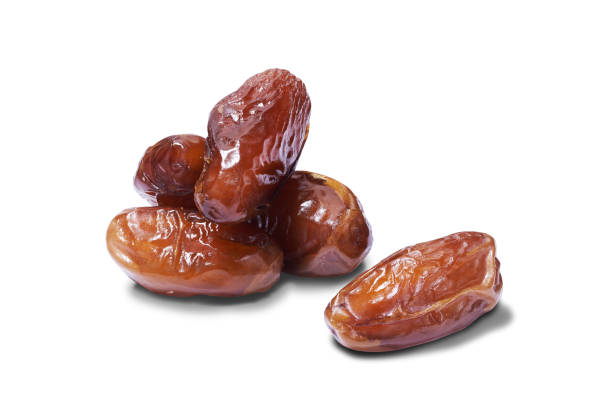
How to Know if Your Dried Dates Are Safe to Eat
No one wants to eat spoiled dates. Fortunately, it’s easy to spot bad ones. Here’s a quick guide to help:
- Moisture: If your dates are wet or sticky, they may be past their prime.
- Off Taste: If they taste sour or off, don’t risk it.
- Bugs or Eggs: If you spot any critters, it’s definitely time to toss them.
Quick Safety Checklist
Here’s a checklist to ensure your dates are still good to go:
- Check for mold: Look for fuzzy patches or discoloration.
- Smell them: If they smell sour, toss them.
- Feel the texture: If they’re too sticky or dry, they’re likely past their best.
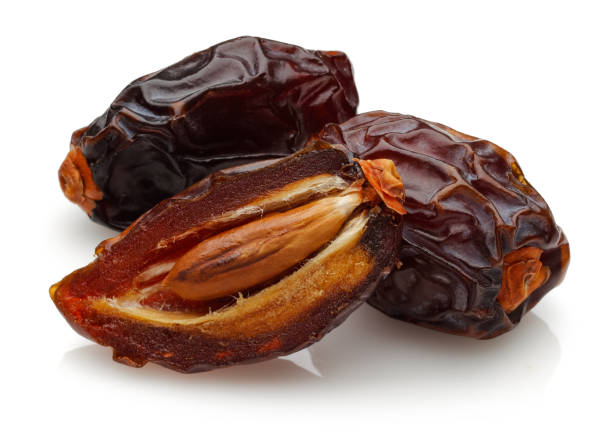
Exclusive Interview: Insights on Storing Dried Dates for Longevity with Expert Nutritionist Emma Collins
“In the right conditions, dried dates can last for months without losing their nutritional value. It’s all about keeping them in an airtight container and away from heat and moisture,” says Emma Collins, a nutritionist with over 10 years of experience in food preservation.
Final Thoughts
Dried dates are a pantry superhero. With the proper storage, they can last for months, even years, and stay fresh for when you need them. Whether you’re snacking on them, baking with them, or using them in smoothies, keeping them properly stored is key to enjoying them at their best.
FAQs
Dried dates can last up to six months at room temperature, a year in the fridge, and up to three years in the freezer.
Absolutely! Freezing dried dates helps preserve their flavor and texture for a long time.
Yes! They’re naturally sweet and high in fiber, which helps keep you full longer.
Dried dates can last for about 6-12 months when stored at room temperature in a cool, dry place. If you want them to last even longer, refrigerating or freezing them will help preserve their freshness.
To check if dried dates have gone bad, look for signs like mold, discoloration, or a sour smell. If they feel overly sticky or dry and hard, they may also be past their prime.
Yes, freezing dried dates is an excellent way to extend their shelf life. When stored properly in airtight bags or containers, they can last up to 2-3 years in the freezer.
While dried dates may lose some nutrients over time, proper storage helps retain most of their fiber, antioxidants, and other essential nutrients.
To keep dried dates fresh, store them in an airtight container in a cool, dry place away from sunlight. For an even longer shelf life, refrigerate or freeze them.


